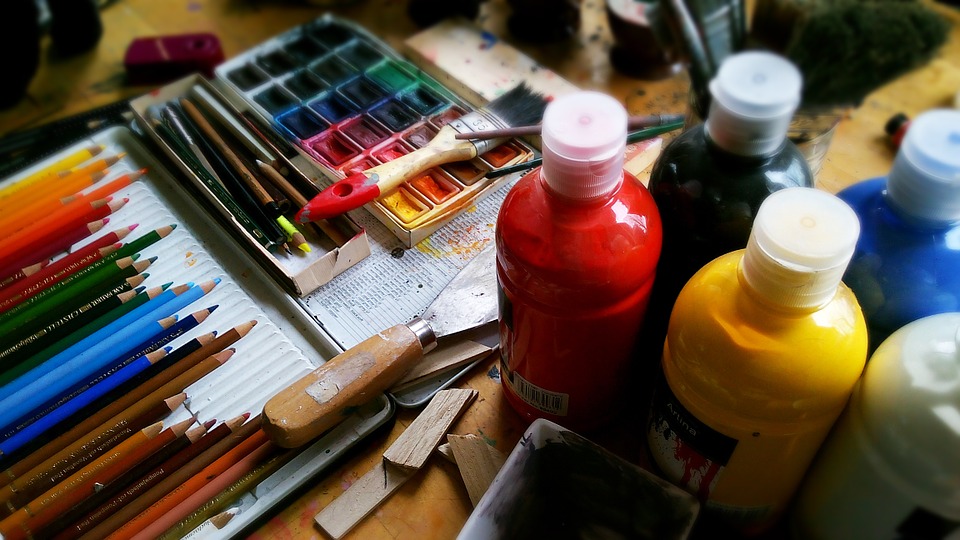Miriam El Abbassi | Arts Editor
Featured image courtesy of Pixabay
One of the questions that has never been more prevalent than it is in today’s culture is: can one truly separate works of art from the artist who created them? Whatever answer results from that, the follow up question would then have to be: does society then boycott art by problematic creators?
There may never be one definite answer, as every situation and circumstance will always be incredibly nuanced. What if the creator has died, therefore consuming their art will have no effect on them? What if the creator was only ever accused? What if you only consume their work through a third party (i.e. pirating music, movies, television shows, etc.), meaning the creator would not be able to profit?
The “what if” scenarios could go on forever; people will always find a way to rationalize an artist they really connect to no matter how problematic the situation is which surrounds that particular artist. However, the notion that art may or may not exist completely independent of its creator can be challenged.
Art, while incredibly subjective, can be seen as an extension of the person who made it. The artist’s thoughts, feelings and emotions are poured into some creative piece that is made for the rest of society to consume in some way. Therefore, by showing support for the art, is one not also supporting the artist while doing so?
Their art can be seen as a reflection of themselves, so it would be hard to appreciate the art in isolation. Artists can also benefit off of the support received for their work whether that be in a monetary sense or the increased popularity, which translates into future success.
That connection an artist has to their work will always be there, but the degree in which someone chooses to consume their work varies undeniably.
In an objective sense (or as objective as one can be when discussing art), it would be difficult to definitively say that art can exist independently from the artist. It is entirely up to the viewer to decide if their perception of a problematic artist will interfere with their consumption of the art, and to what degree.
Some may be able to rationalize certain circumstances over others; this could be simply due to the fact that no one ever thinks in black and white and what exists within the grey area will vary from person to person. To this day, Michael Jackson is revered as one of the best pop musicians of all time, despite throughout his career, and recently as well, accusations of child molestation have come to the forefront.
This has created a divide within most people as some abandoned his music all together while others still chose to enjoy his music. Others may be able to rationalize continuing to listen to his music by arguing that what has come forward are merely accusations and therefore should be taken with a grain of salt since Michael Jackson has never formerly been found guilty of any crime. The fact that Michael Jackson has passed away means that he won’t be benefiting from people listening to his music.
Also, due to the fact that Michael Jackson did ascend to ‘god-like’ status during his career, he has achieved a level of fame and notoriety beyond what is seen today; his music holds a special place within most people, which may make it hard for a fan of his to denounce him all together.
This is all to say that whether or not one can rationalize liking their problematic creator, it really is solely dependent on what the audience is able to tolerate. There truly is no definitive answer to the question, ‘Can you separate art from the artist?’ as everyone will always have their own way of rationalizing something or someone that they want to hold on to.


